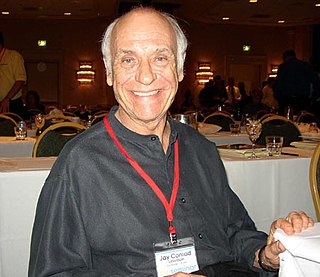A Quote by John T. Chambers
You have venture capitalists. We view them as experts who also help finance your company and give directions and also some pretty candid discussions about what you have to do better.
Related Quotes
To emphasize the importance of beauty is to connect art again to emotion and desire. To find something or someone beautiful is not simply to appreciate what you now see or know about them. It also involves the desire to get to know them better, in the hope that what you will discover will, in some way that you can't know at the time, make your life better, just as your relationship with it so far has also made it better.
You know, development sometimes is viewed as a project in which you give people things and nothing much happens, which is perfectly valid, but if you just focus on that, then you'd also have to say that venture capital is pretty stupid, too. Its hit rate is pathetic. But occasionally, you get successes, you fund a Google or something, and suddenly venture capital is vaunted as the most amazing field of all time. Our hit rate in development is better than theirs, but we should strive to make it better.
When you view marketing from the vantage point of the guerrilla, you realize that it’s your opportunity to help your prospects and customers succeed. They want to succeed at earning more money, building their company, losing weight, attracting a mate, becoming more fit, or quitting smoking. You can help them. You can show them how to achieve their goal. Marketing is not about you. It’s about them. I hope you never forget that.
Green is not just about renewable energy. It's also about creating a new direction for the whole economy. This requires government to step up, not step back, creating the kinds of mission-oriented public organizations that will enable us to tackle climate change - as ambitious as those that got us to the moon. It also requires the financial sector to be less short-term since we know that short-term finance has distorted incentives and directions in areas like biotechnology.


































